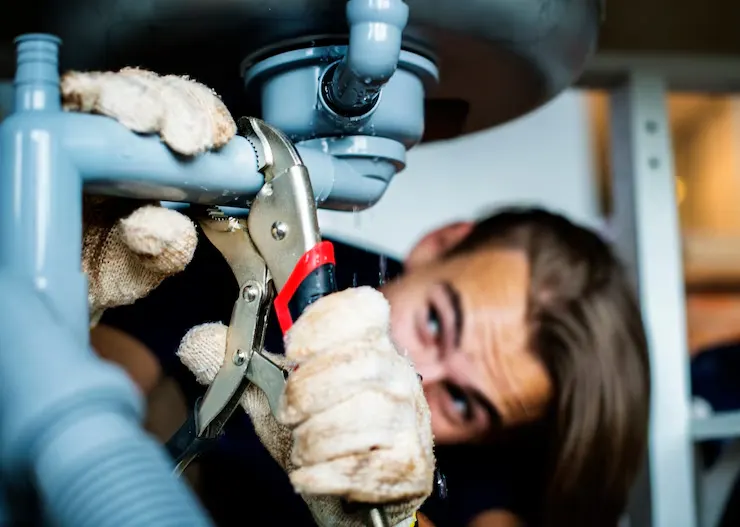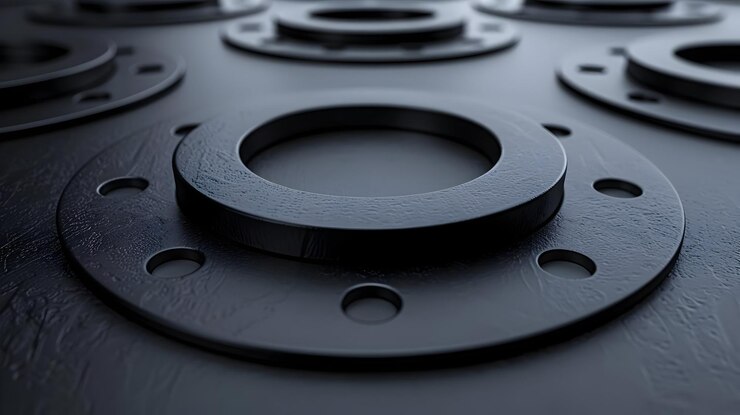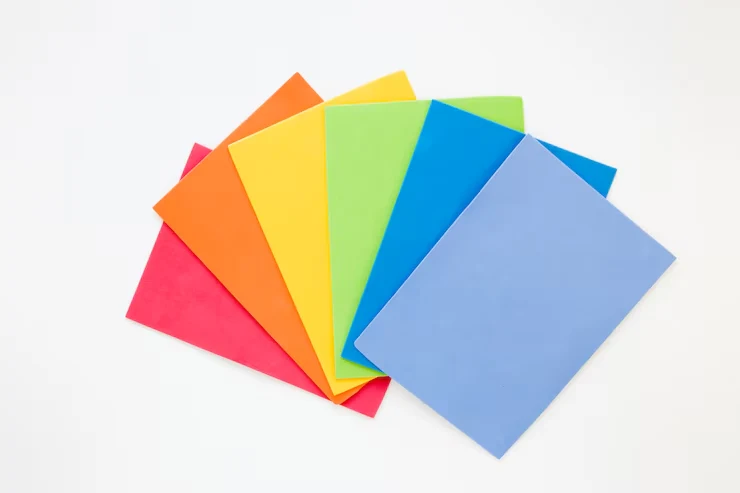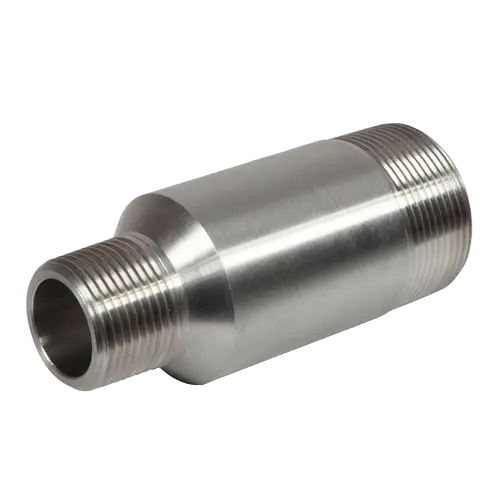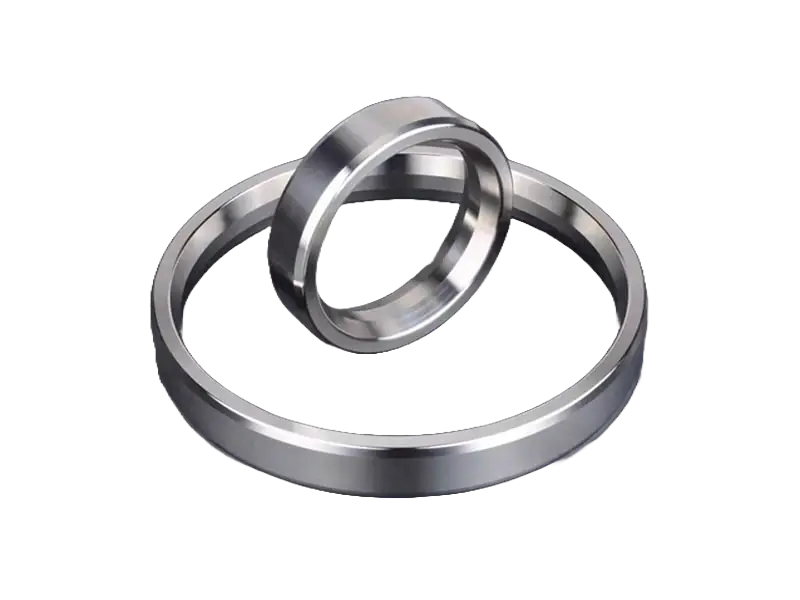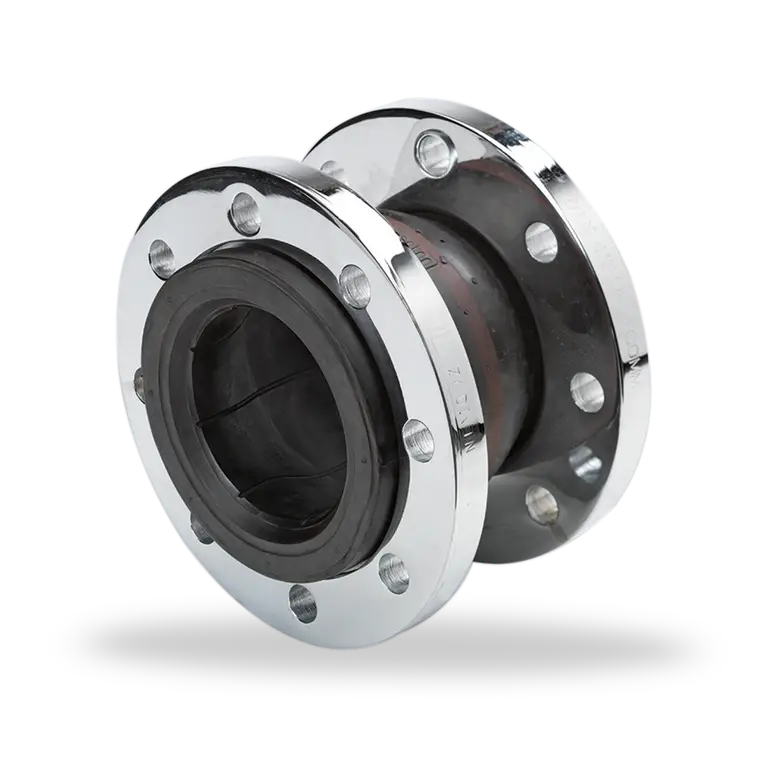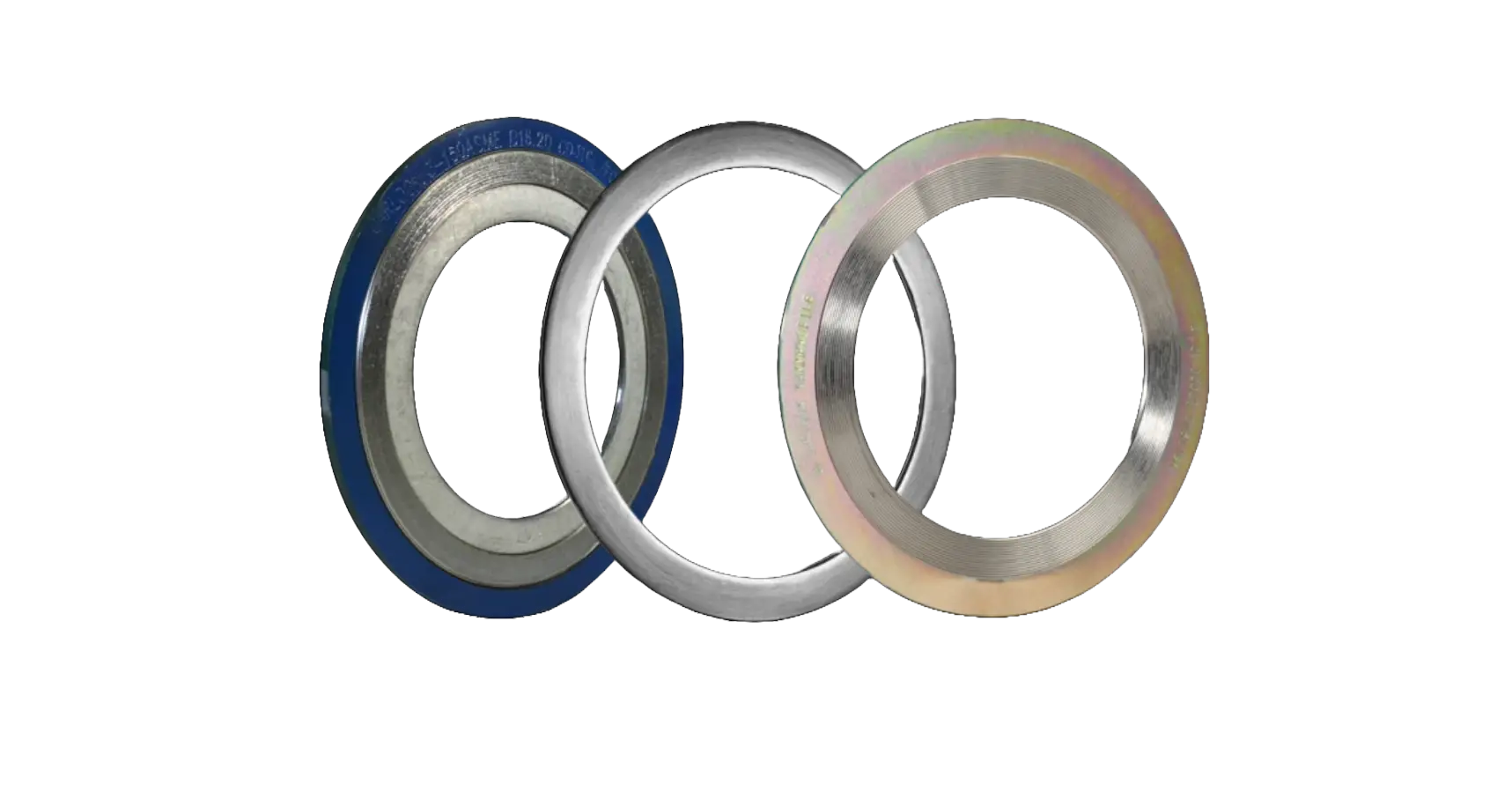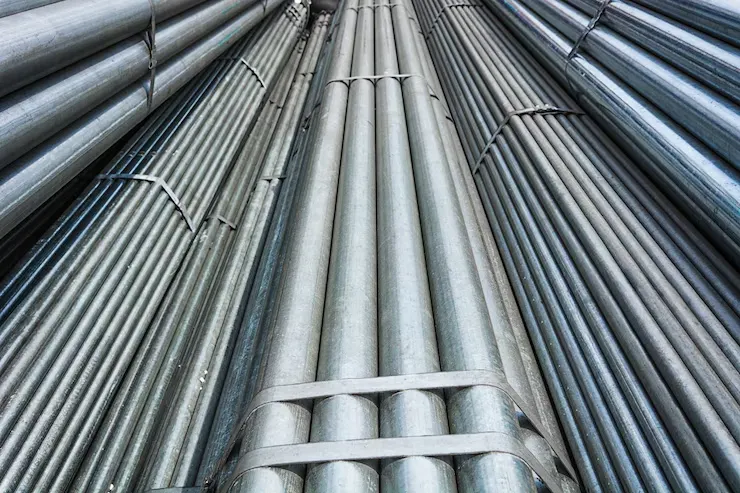
Threaded vs Welded Pipe Fittings: Pros and Cons
In the world of industrial piping systems, pipe fittings play a crucial role in ensuring safe, leak-free connections between pipes, valves, and other equipment. Two of the most commonly used fitting methods are threaded and welded pipe fittings. Each has distinct advantages and disadvantages, and selecting the right one can significantly impact the performance, safety, and maintenance of your system.
In this guide, we’ll break down the key differences, benefits, and limitations of threaded vs welded fittings, so you can make an informed choice for your next project.
What Are Threaded Pipe Fittings?
Threaded fittings are mechanical connections where male and female threads on pipes and fittings are screwed together to form a tight seal. These fittings are commonly made of carbon steel, stainless steel, brass, or cast iron and are primarily used in low-pressure, non-critical piping applications.
Advantages of Threaded Fittings
- Easy Installation
Threaded fittings don’t require specialized tools or welding equipment, making installation quick and straightforward.
- Ideal for Small Diameter Pipes
Perfect for systems with pipe sizes up to 2 inches, especially where disassembly is expected.
- Cost-Effective
Lower labor and material costs compared to welded systems, especially for small projects.
- Reusable and Replaceable
Components can be unscrewed, inspected, or replaced without cutting or damaging the pipe.
Limitations of Threaded Fittings
- Leak Risk
Threads may loosen over time, especially in high-vibration environments, increasing the risk of leakage.
- Limited Pressure and Temperature Resistance
Not suitable for high-pressure or high-temperature applications due to possible thread deformation or failure.
- Corrosion at Threads
Threads can trap moisture and chemicals, leading to localized corrosion over time.
What Are Welded Pipe Fittings?
Welded fittings involve permanently joining pipes by melting and fusing materials at the connection point. This method is commonly used in high-pressure, high-temperature, or critical service applications such as oil & gas, petrochemicals, and power plants.
Advantages of Welded Fittings
- Stronger, Leak-Proof Joints
Welded connections are robust and seamless, making them ideal for high-pressure systems.
- Excellent for High-Stress Environments
They can withstand extreme conditions including high heat, pressure, and corrosive chemicals.
- Cleaner, More Compact Layouts
Welded systems eliminate bulky fittings, resulting in more compact and efficient designs.
- Durability and Longevity
With proper installation, welded fittings offer superior long-term performance with minimal maintenance.
Limitations of Welded Fittings
- Requires Skilled Labor
Welding demands certified professionals and specialized equipment, increasing labor costs.
- Not Easily Reversible
Once welded, fittings cannot be removed or repositioned without cutting the pipe.
- Longer Installation Time
Welding, inspection, and cooling processes extend installation timelines.
Threaded vs Welded Fittings: A Quick Comparison
| Feature | Threaded Fittings | Welded Fittings |
| Installation | Easy and fast | Requires skilled labor |
| Cost | Lower | Higher |
| Pressure & Temperature | Low to medium | High |
| Maintenance | Easier, replaceable | Requires cutting to replace |
| Leak Resistance | Moderate | Excellent |
| Application Suitability | Light-duty systems | Critical & high-stress systems |
Which Fitting Should You Choose?
The right fitting depends on your specific requirements:
- Choose Threaded Fittings if:
You’re working with small pipe sizes, low-pressure systems, or installations where quick assembly and disassembly is important—such as plumbing, fire protection, or light industrial systems.
- Choose Welded Fittings if:
Your project involves high pressures, high temperatures, or hazardous materials, and demands a permanent, secure, leak-proof connection.
Final Thoughts
Both threaded and welded pipe fittings have their place in industrial piping systems. At Al Kun Steel, we offer a comprehensive range of both threaded and welded fittings, manufactured to international standards and built to perform under demanding conditions.
Whether you're constructing a light-duty piping network or a heavy-duty pressure pipeline, our experts can guide you in selecting the right solution for optimal performance and safety.
